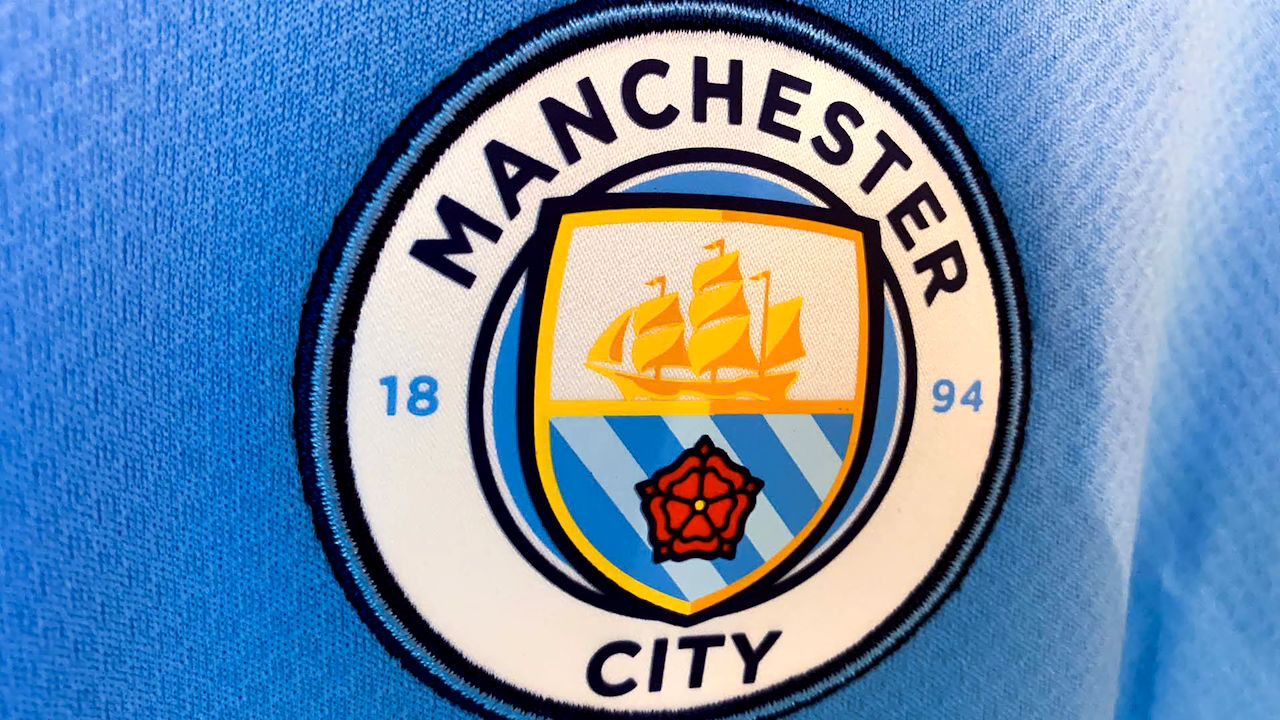33 Million Nigerians May Face Severe Food Insecurity By 2025 – WFP Warns

By Onoja Baba, Nigeria
A recent report by the United Nations World Food Programme (WFP) has raised an alarming red flag, saying by 2025, 33 million Nigerians are expected to face severe food insecurity.
The report, based on the Cadre Harmonisé food security and malnutrition analysis led by the Nigerian government and supported by global partners, paints a grim picture of Nigeria’s escalating food crisis, predicting an unprecedented rise in hunger during the lean season from June to August.
“This alarming rise from last year’s levels is driven by economic hardship, record-high inflation, the effects of climate change, and persistent violence in the northeast,” stated Chi Lael, Head of Communications for WFP, adding that “Between October and December 2024 alone, at the peak of harvest, 25.1 million people are expected to face acute food insecurity, with numbers rising to 33.1 million by next year’s lean season.”
The WFP estimates in the statement released on Thursday that emergency-level food insecurity will surge from 1 million during the 2024 lean season to 1.8 million in 2025—a staggering 80% increase.
Regions hardest hit include the northeastern states of Borno, Adamawa, and Yobe, along with northwestern states like Sokoto, Katsina, and Zamfara, where an estimated 5.4 million children and nearly 800,000 pregnant and breastfeeding women are at risk of acute malnutrition or wasting. Of these, 1.8 million children could face severe acute malnutrition, requiring urgent intervention.
Economic conditions in Nigeria have exacerbated the crisis, with inflation reaching record highs.
According to the National Bureau of Statistics (NBS), food prices have soared, with beans costing 282% more in October 2024 than the same period last year and local rice prices up by 153%.
Rising transport costs, currency devaluation, and policy changes like the discontinuation of the fuel subsidy have deepened the struggle for Nigerians to access affordable food.
The effects of climate change, particularly recurring floods, are compounding the crisis by damaging crops and inflating the costs of basic goods.
According to the WFP, food insecurity in the northeast has been worsening since 2018, with an additional 4 million people needing urgent assistance annually during the lean season since 2020. The northwest and parts of the north-central region are also emerging as critical hunger hotspots, urgently requiring attention.
WFP’s Country Representative, David Stevenson, emphasised the role of conflict in exacerbating the crisis. “The ongoing conflict in the northeast is a major driver of hunger. Restoring peace in the region is essential to rebuilding local production and realising the northeast’s potential as a vital food-producing area for Nigeria,” Stevenson said.
Meanwhile, Dominique Kouacou, FAO’s representative to Nigeria and ECOWAS, reaffirmed FAO’s commitment to long-term solutions. “We are committed to addressing the root causes of food insecurity by strengthening agri-food systems to meet both immediate and long-term needs,” Kouacou said.
UNICEF’s Country Representative, Ms. Cristian Munduate, highlighted the severe toll on children, calling the crisis a “moral imperative” to protect children’s right to adequate nutrition. “Children bear the brunt of this crisis, with risks of irreversible physical and cognitive harm, and even death,” she warned.
The United Nations has called on the Nigerian government, donors, and stakeholders to provide immediate support and avert a potential catastrophe, urging a collaborative, multi-sectoral response to address the growing food and nutrition crisis
categories
recent posts

Manchester City Target Frankfurt’s Marmoush As Haaland’s Backup


NIGERIA: ICPC Raises Alarm Over Proliferation Of Unregulated Herbal Drinks

Young Billionaire” Jailed For Internet Fraud, Assets Forfeited To FG

